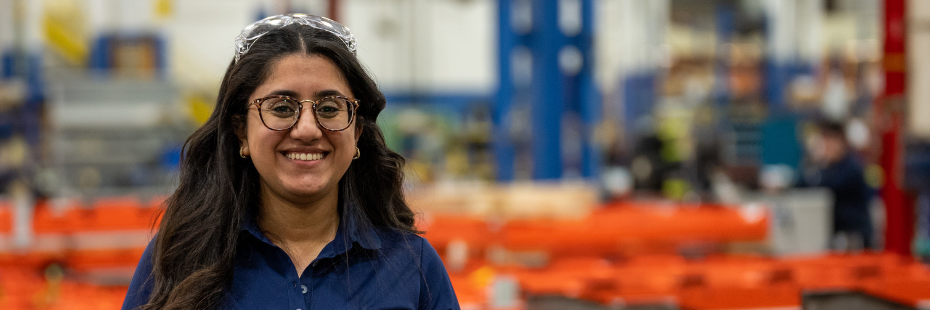The Office of Experiential Learning, through the Co-operative Education & Workplace Partnerships, and Career Development & Experiential Learning units, offers a variety of programs, services and resources that can enhance students' university experience and contribute to students' employment and career goals.
It also offers a wide variety of resources to assist faculty and staff who provide, or would like to provide, students with experiential learning (EL) opportunities inside and outside of the classroom.
The office of Career Development and Experiential Learning (CDEL) can help you find a job, gain work experience, or apply for professional school or post-graduate programs through support with resume and CV writing, interview skills, and career planning. CDEL also coordinates our Ignite Work Study, VIP-Community Service Learning, and Job Shadow Experience programs.
Co-op placements and full-time internships are coordinated through the office of Cooperative Education and Workplace Partnerships.
What is experiential learning?
Experiential Learning (EL) isn’t new at the University of Windsor. Our campus boasts an abundance of both curricular and co-curricular EL opportunities, which provide rich learning opportunities within the classroom, the community, the workplace, and in virtual spaces, to advance learning outcomes and foster a positive student experience and career development. (See UWindsor's Curricular EL Definitions for a complete list of course-based EL.)
Experiential Education is a pedagogical approach to help facilitate learning through the application of theory to a concrete experience and requires individuals to reflect upon their learning. Experiential Education provides rich learning opportunities, advancing the learning outcomes of a course or academic program while fostering a positive student experience and student career development.
Students engage in Experiential Learning when they participate in a concrete experience and reflect on that experience, making connections to disciplinary theory, their own performance, learning outcomes, and future applications.

Psychologist David Kolb defines experiential learning as “the process whereby knowledge is created through the transformation of experience. Knowledge results from the combinations of grasping and transforming experience” (Kolb,1984, p.41).



